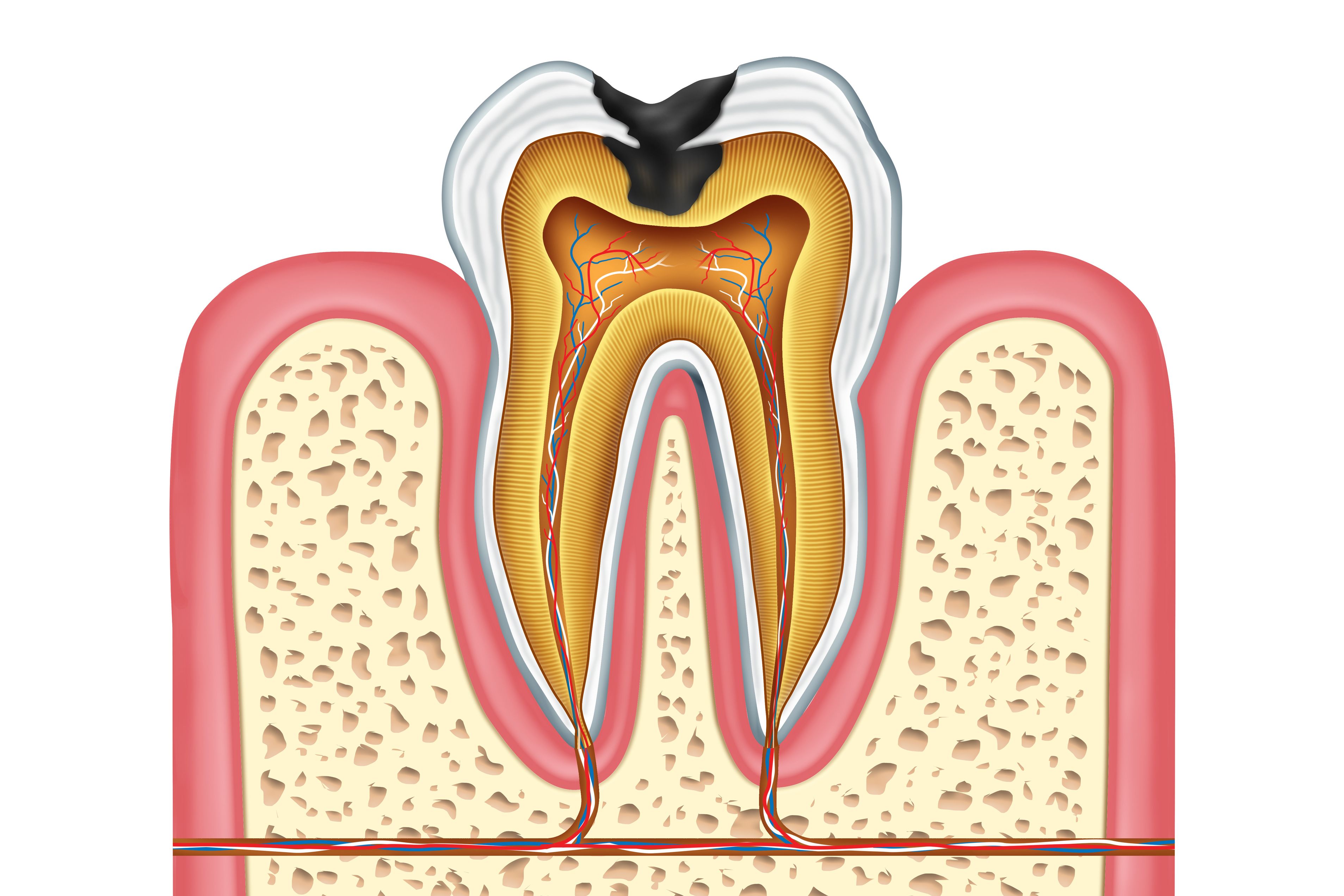Root Canal Therapy vs. Tooth Extraction: Which Is Right for You?
 Treating dental damage at the earliest signs of an issue is essential for protecting oral health and preventing tooth loss. At Dental Associates of New England, our team of dentists offers endodontics and oral surgery to restore oral health and alleviate dental pain.
Treating dental damage at the earliest signs of an issue is essential for protecting oral health and preventing tooth loss. At Dental Associates of New England, our team of dentists offers endodontics and oral surgery to restore oral health and alleviate dental pain.
Here, we'll focus on root canal therapy, one of the most common endodontic treatments, and tooth extraction, one of the most common types of oral surgery. To find out which treatment is right for your needs, please contact our office in Boston, MA to schedule a consultation.
When Is Root Canal Therapy Necessary?
Root canal therapy is necessary when the tissues, nerves, and blood vessels within the tooth's root canal chamber become infected. Root canal infections can develop from tooth decay or dental injuries, such as fractures or cracks. Without treatment, an infected tooth may become too damaged to survive, either requiring extraction or falling out on its own.
The Root Canal Therapy Procedure
Root canal therapy is a relatively simple procedure. Before treatment begins, the mouth is numbed to keep the patient comfortable during treatment. Next, damaged areas of the tooth are removed and the tooth is opened to allow access to the root canal chamber. Once accessed, the infected tissues are removed and the inside of the tooth is thoroughly cleaned. The tooth is then filled and closed to prevent further decay. Dental crowns are often placed after root canal therapy to restore dental strength and appearance.
What to Expect after Root Canal Therapy
Patients who have undergone root canal therapy may feel some pain or soreness for several days after treatment. Pain is generally from manipulation of the tooth and surrounding tissues, and not from the tooth itself, as the nerves responsible for regulating dental pain are removed during root canal therapy. For most patients, over-the-counter pain medication is sufficient for relieving pain.
When Is Tooth Extraction Necessary?
Tooth extraction is sometimes the only treatment option for restoring oral health. Tooth extraction is often the best course of action when dental damage is too severe to support a dental restoration, such as a filling or crown. Some types of dental damage that may require tooth extraction include severe tooth decay, severely broken teeth, or teeth that are broken below the gum line.
The Tooth Extraction Procedure
During tooth extraction, the mouth is numbed to prevent the patient from feeling pain during the procedure. Next, a special tool is used to loosen the tooth from its socket. The tooth is then gently pulled out with forceps. Most patients only feel pressure around the tooth and find they are relatively comfortable during the procedure.
What to Expect after Tooth Extraction
Patients should expect some swelling, slight discomfort, and bleeding after tooth extraction. Over-the-counter pain medications are generally sufficient to alleviate discomfort. Applying ice packs to the jaw can also help ease pain and reduce swelling.
A soft diet is recommended for several days after tooth extraction to prevent irritating the gums and getting food lodged within the open sockets as they heal. It's also important for patients recovering from tooth extraction to avoid using straws, aggressively spitting, or smoking to prevent dislodging the blood clot that forms within the open socket. A dislodged blood clot can result in a painful condition called dry socket, so care should be taken to keep the blood clot in place.
During recovery, it's also important for patients to practice good oral hygiene habits to keep the mouth clean and reduce the risk of infection. However, care should be taken to avoid brushing the extraction site. Using a soft-bristled, children's toothbrush is recommended for the first several days after tooth extraction to prevent irritating the extraction site.
Which Treatment Is Right for You?
If you suffer from dental damage and would like to find out if root canal therapy or tooth extraction is right for you, please schedule a consultation with one of our dentists today.



